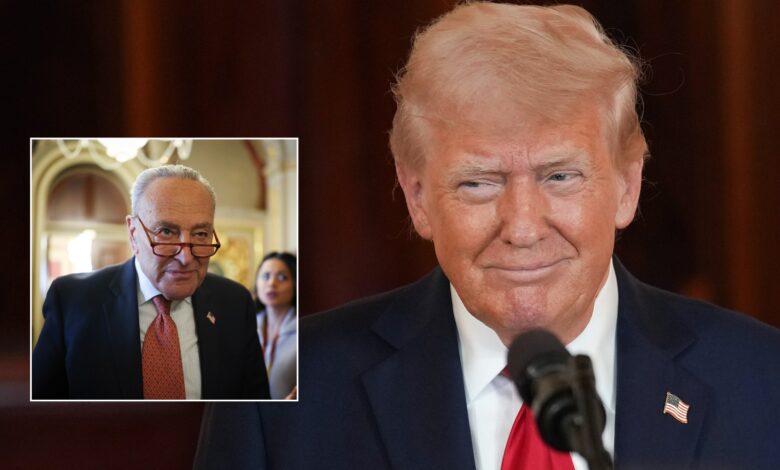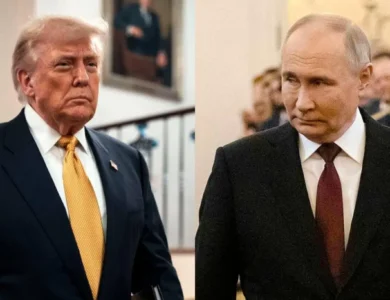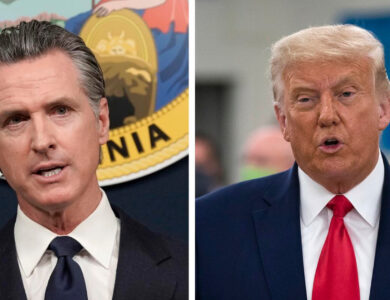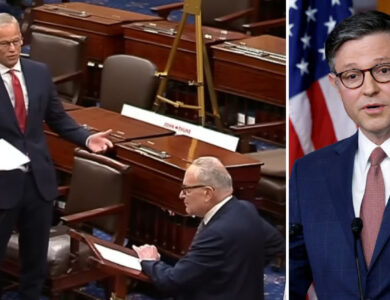Promise Kept: Trump Admin Approves More Critical Mineral Mining Projects

The White House on Friday announced the approval of more mining projects as part of President Donald Trump’s campaign pledge to make America much less reliant on other countries for elements that are critical to U.S. defense and manufacturing.
The Federal Permitting Improvement Steering Council (Permitting Council) announced the second group of critical mineral production projects to be designated as FAST-41 transparency initiatives, the White House said in a press release.
These projects represent the second wave of critical mineral initiatives granted visibility on the Federal Permitting Dashboard under President Trump’s Executive Order on Immediate Measures to Increase American Mineral Production, the White House said.
Read more: NEW: Trump Unveils Bombshell Plan To Make Dems Permanent Minority
“The Permitting Council is excited to grow our portfolio of critical mineral production projects with this latest tranche,” noted Manisha Patel, Permitting Council Acting Executive Director. “The transparency that these projects will receive as a result of being featured on the Federal Permitting Dashboard will be transformative, allowing stakeholders across government and industry the ability to track the progress of these projects, ensuring a level of accountability in environmental review that is often missing from the traditional process.”
The chair of the National Energy Dominance Council (NEDC) has forwarded a second batch of critical mineral production projects to the Permitting Council’s acting executive director in response to Trump’s executive order.
The NEDC submitted the first group of 10 projects on April 4, 2025; those were added to the Federal Permitting Dashboard on April 18, 2025. This second group continues the effort to grant FAST‑41 transparency to key mineral projects, with more additions planned in the coming weeks, the White House said.
Read more: Obama Judge Makes Most Insane Ruling Ever – Should Trump Ignore This??
Advancement of the new U.S.-based mining projects comes on the heels of a deal between Washington and Kyiv, signed last week, for sharing Ukraine’s rare earth minerals. These elements are crucial to the production of highly sensitive U.S. military components, but the market is currently dominated by China.
Ukrainian Economy Minister and Deputy Prime Minister Yulia Svyrydenko traveled to Washington, D.C., on Wednesday to finalize the agreement, which she signed with U.S. Treasury Secretary Scott Bessent.
“On behalf of the Government of Ukraine, I signed the Agreement on the Establishment of a United States–Ukraine Reconstruction Investment Fund. Together with the United States, we are creating the Fund that will attract global investment into our country,” she wrote on X.
Trump said upon taking office that he would condition continued U.S. support for Ukraine on access to its rare-earth materials, framing it as reimbursement for billions in U.S. military aid. Talks faltered after a contentious Oval Office meeting between Trump administration officials and President Volodymyr Zelenskyy, Fox News reported.
Read more: Do You Think America Is Better Off Without The Democrats In Charge?
Treasury Secretary Scott Bessent said the new agreement will create a United States–Ukraine Reconstruction Investment Fund to help jump-start Ukraine’s economic recovery.
“This agreement signals clearly to Russia that the Trump Administration is committed to a peace process centered on a free, sovereign, and prosperous Ukraine over the long term,” Bessent said in a statement.
“President Trump envisioned this partnership between the American people and the Ukrainian people to show both sides’ commitment to lasting peace and prosperity in Ukraine. And, to be clear, no state or person who financed or supplied the Russian war machine will be allowed to benefit from the reconstruction of Ukraine,” he added.
The United States is pursuing access to over 20 raw materials deemed strategically vital to its national interests, including key non-mineral resources like oil and natural gas. Among the targeted assets are Ukraine’s titanium reserves—essential for aircraft manufacturing—and uranium, which is used in nuclear energy, medical technology, and weapons production.
Ukraine also possesses critical materials such as lithium, graphite, and manganese, all of which are vital for electric vehicle battery production.
Read more: Biden Pardons For Cheney, Fauci, Others Could Backfire: Legal Expert
The agreement will establish a decade-long, equal partnership between the two nations. Financial contributions to a joint investment fund will be made in cash, with only new U.S. military aid counting toward the American share.





